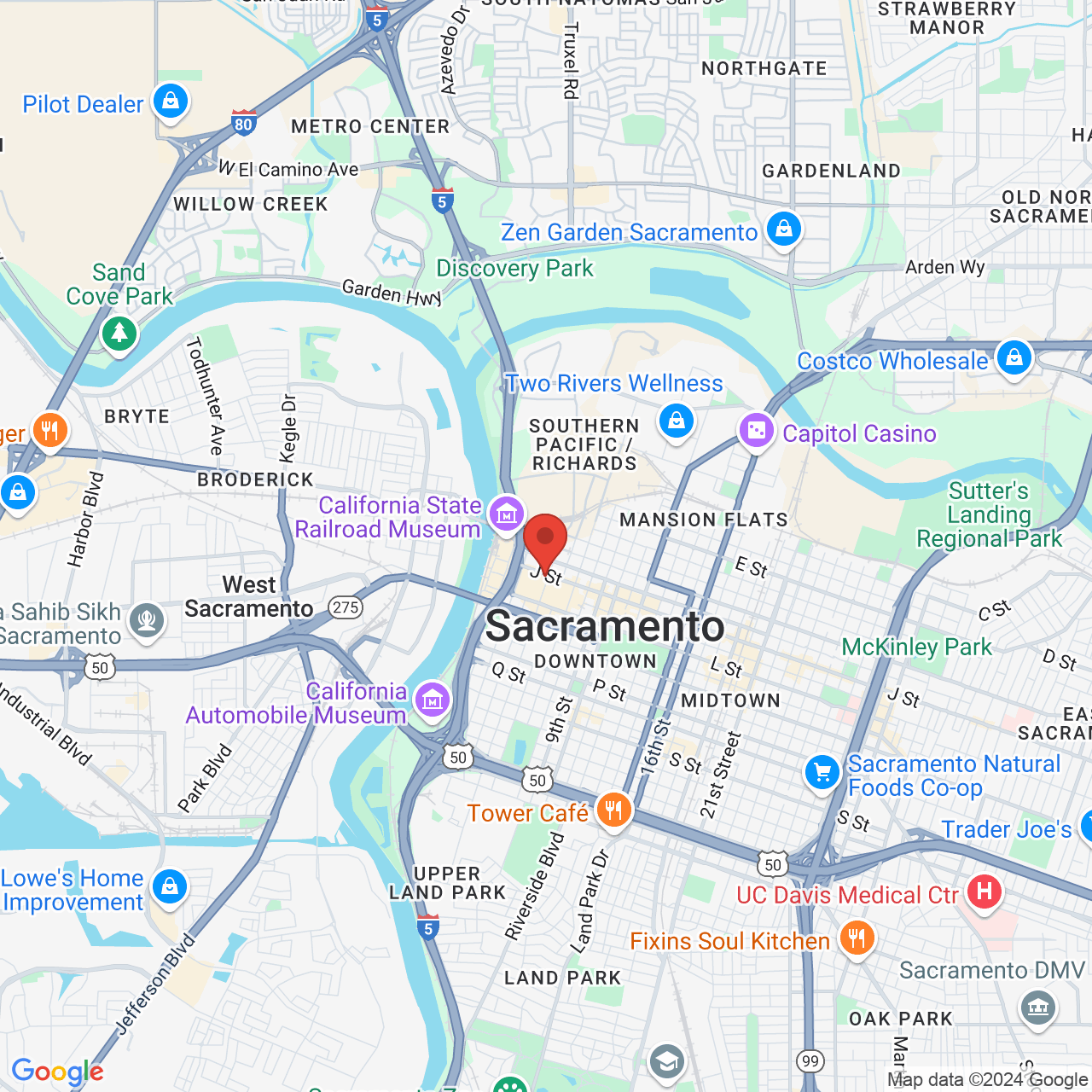Final Paycheck Laws in California
 Losing your job can be challenging and even scary, which is why it’s important that your employer provide you with your final paycheck in a timely manner. However, this doesn’t always happen. There are numerous cases in which employees are laid off and never get their final payments for the work they completed. The Sacramento, CA employment law attorneys here at ThybergLaw can help.
Losing your job can be challenging and even scary, which is why it’s important that your employer provide you with your final paycheck in a timely manner. However, this doesn’t always happen. There are numerous cases in which employees are laid off and never get their final payments for the work they completed. The Sacramento, CA employment law attorneys here at ThybergLaw can help.
Gregory A. Thyberg has years of experience as an employment law and workplace misconduct attorney, putting his clients best interests first. Our legal team would like to consider California state laws regarding final paychecks, and what you can do if your old company still refuse to pay you what you’ve earned.
What California Law Says About Final Wages
According to the State of California Department of Industrial Relations, employees who are fired, laid off, or let go from their job involuntarily are entitled to their final paycheck immediately upon termination. The employer is not permitted to wait until the next calendar day or pay period.
If an employee provides at least 72 hours notice of voluntarily leaving their job, they must be compensated on the final day that was specified.
What Must Be Included in the Final Paycheck Issued
In the final paycheck issued, the employer must include all of the employee’s unused vacation time, sick time, and paid time off (PTO). The check must be issued to the employee in person upon termination. This means that the check must be given on the premises rather than issued and mailed that day to the employee’s Sacramento home address.
Quitting with Less than 72 Hours Notice
Some employees may quit their job on less than 72 hours notice for a variety of reasons. Regardless what reason was provided, the employer will have to issue a final payment within 72 hours of the notice of the employee quitting. In these cases, the final paycheck may be sent to an address specified by the employee.
Waiting Time Penalties for Late Final Payments
If an employee does not issue a final paycheck within the specified timeframes, a waiting time penalty may be added to the final wages that are due. These waiting time penalties mean that for each day the paycheck is late, the employee will receive their average daily wage. This waiting time penalty is good for up to a maximum of 30 days.
If you make $150 a day at your job, for instance, and your final paycheck is 10 days late, you can collect a waiting day penalty from your employer of $1,500.
What If My Employer Violates State Final Paycheck Laws?
If your employer refuses to issue a final paycheck, withholds PTO from your final paycheck, or otherwise violates other laws related to final payments, it’s important to make a formal complaint with the California Labor Commissioner’s Office.
After making the formal complaint, consider speaking with our Sacramento employment law attorneys about potential legal action. If there were additional wage disputes and issues surrounding your termination, quitting, or being laid off from the job. We can offer an honest assessment about your legal options.
Learn More About Final Paycheck Laws
For more information about payments, wages, and other matters related to being properly compensated by your employer, be sure to contact a skilled employment and workplace law attorney. The team at ThybergLaw can be reached by phone at (916) 204-9173.


